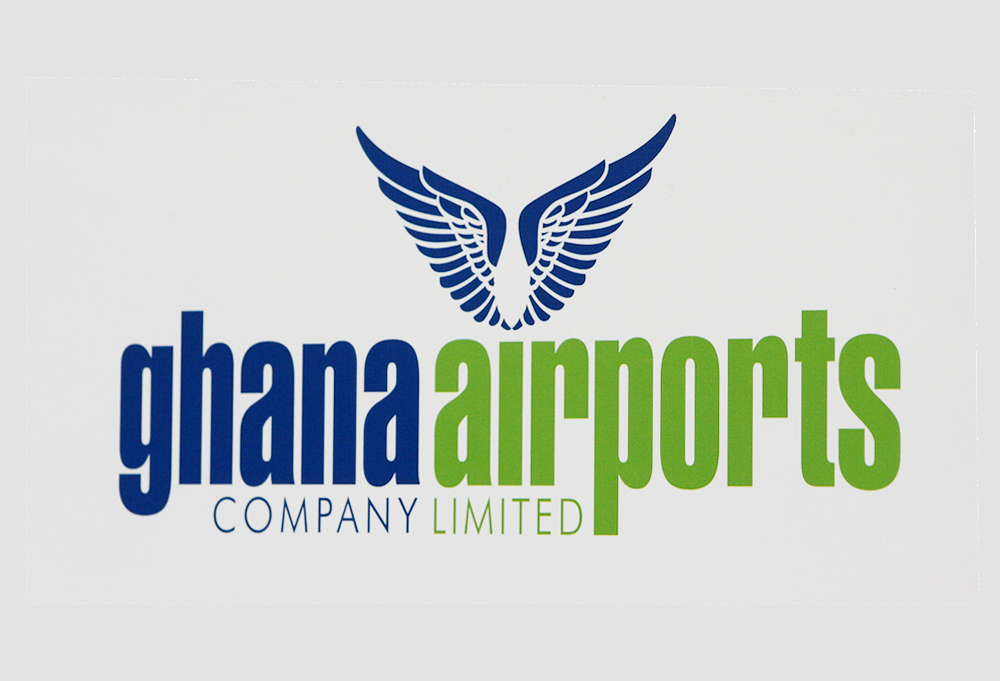Beside the colossal losses already outlined, Ghana Airports Company Limited (GACL) faces a substantial financial hurdle – unclaimed royalties from concessionaires totaling GH¢33,804,321.
This challenge not only underscores chronic mismanagement at the corporation but also reveals a severe breach of public financial regulations, further imperiling its financial well-being.
Legal Obligations and Financial Mismanagement: Under Section 91 of the Public Financial Management Act, 2016 (Act 921), the Board of Directors of any public entity, including GACL, is mandated to ensure effective management of the entity’s financial resources, particularly in revenue collection.
Failure to collect these monies, whether willfully or negligently, empowers the Minister of Finance, upon Auditor-General’s recommendation, to suspend or withdraw allowances of the entity’s board members.
Despite these clear directives, GACL has neglected to recover GH¢33,804,321 in royalties from concessionaires as of December 31, 2022. This failure reflects a gross oversight by the company’s leadership in enforcing financial discipline and preserving the entity’s interests.
Cronyism and Nepotism:
The Core Issue: At the crux of the unclaimed royalties dilemma lies a troubling reality – many facilities leased by GACL are awarded to individuals and entities closely linked to the political elite, as well as to board members’ and top management’s families.
This bias has fostered an environment of impunity where favored concessionaires operate without the financial scrutiny imposed on others. The expectation of payment from these individuals often falls by the wayside due to their perceived immunity based on influential connections.
This nepotism has eroded governance standards at GACL. The leadership’s failure to enforce payment collection is not an oversight but a deliberate act influenced by personal and political affiliations favoring a select few over the company’s financial health. This partiality has nurtured a toxic climate where financial obligations are disregarded, resulting in substantial losses for GACL.
Impact on GACL’s Financial Health: The preferential treatment accorded to these concessionaires has directly harmed GACL’s financial stability. The failure to recover millions in royalties has drained the company’s liquidity, necessitating reliance on costlier financing avenues like bank overdrafts and loans.
These added expenses have compounded financial pressures on the entity, escalating debt levels and imperiling its sustainability. Furthermore, this culture of cronyism likely dissuades financially responsible and capable businesses from engaging with GACL.
Aware of the uneven playing field, potential concessionaires who could have bolstered revenue may have opted out, depriving the company of lucrative financial prospects.
Governance Lapses and Accountability:
The leadership’s failure to enforce royalty collection from politically connected concessionaires exposes a broader governance breakdown. This transcends mere financial mismanagement; it signifies an ethical collapse questioning the integrity of the leadership.
The continued patronage of political and familial affiliates at GACL’s expense signifies a glaring disregard for transparency, accountability, and fairness that should guide public institutions. Addressing these ingrained issues necessitates a holistic reform of GACL’s governance frameworks.
This entails implementing stringent measures to eradicate cronyism and nepotism, ensuring all concessionaires, regardless of connections, adhere to uniform financial standards.
The board and management must be answerable for their actions, with conflicts of interest pinpointed and eliminated.
Conclusion:
Unclaimed royalties from concessionaires depict a significant financial mismanagement issue impairing the liquidity and overall financial robustness of Ghana Airports Company Limited.
The board and management’s neglect in securing these funds not only violates the Public Financial Management Act but also underscores deep-seated governance issues within the company.
To restore fiscal discipline and accountability, enforcing the Auditor-General’s recommendations and undertaking a comprehensive review of GACL’s financial management practices are imperative. Without such reforms, the company faces prolonged financial instability, risking further performance deterioration

